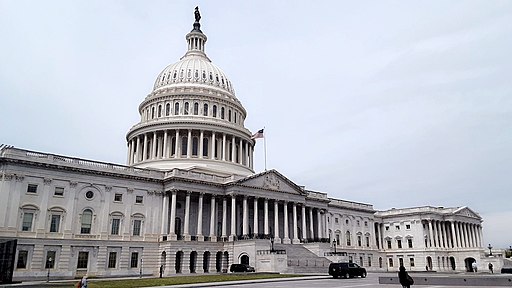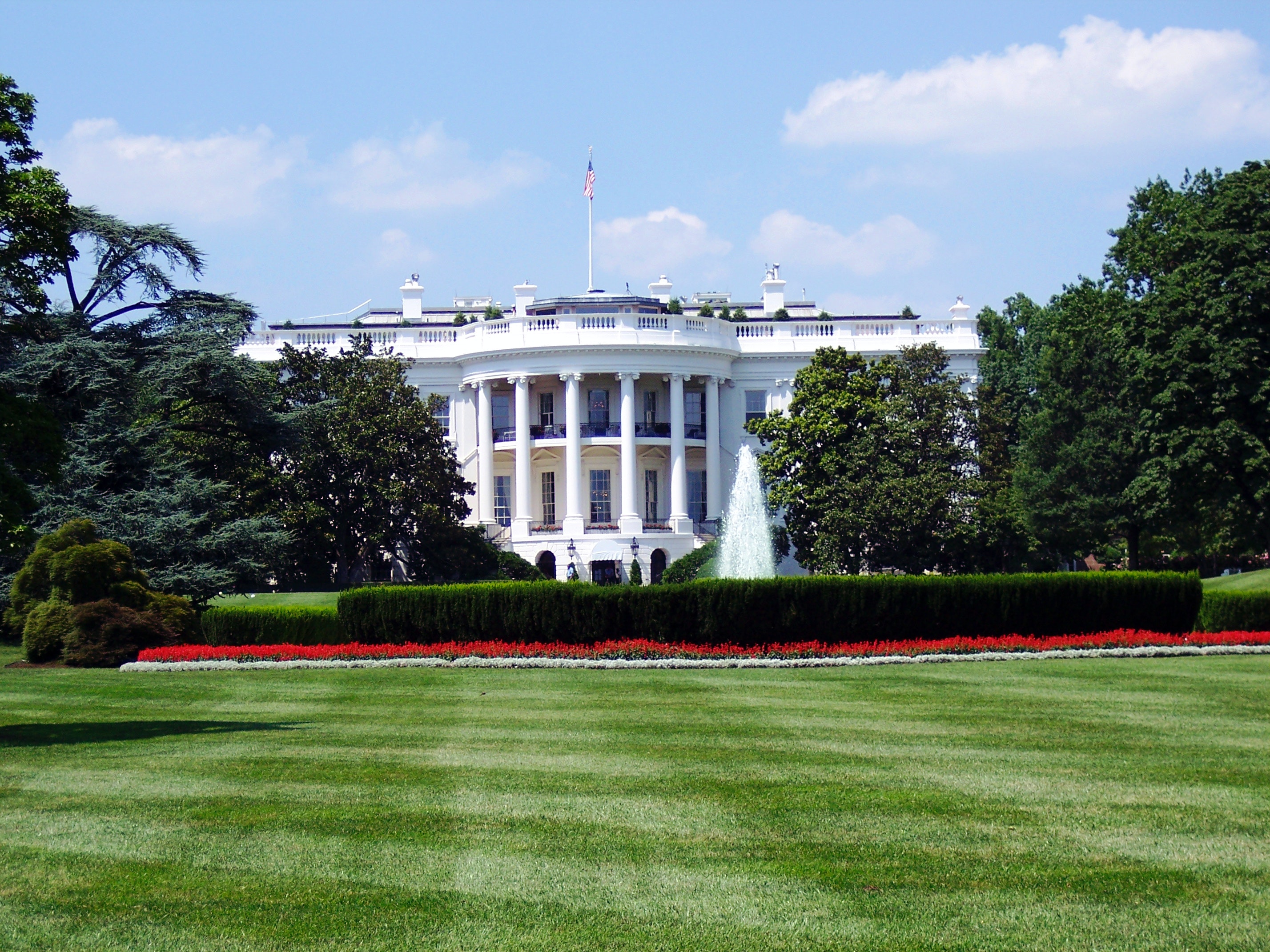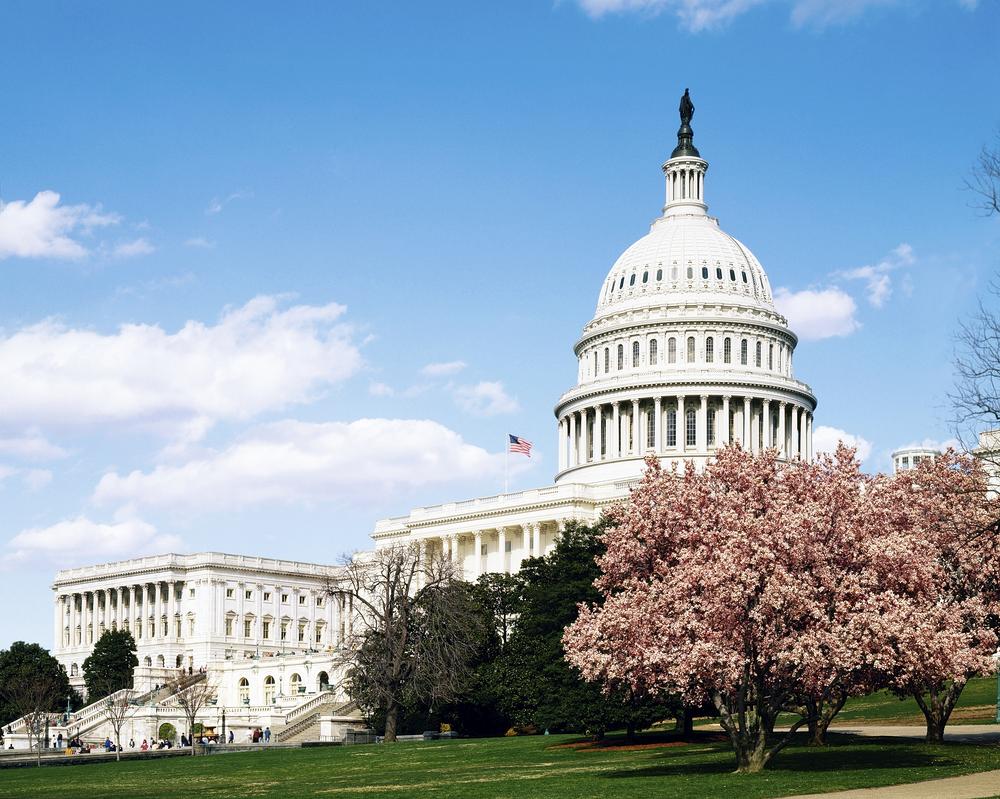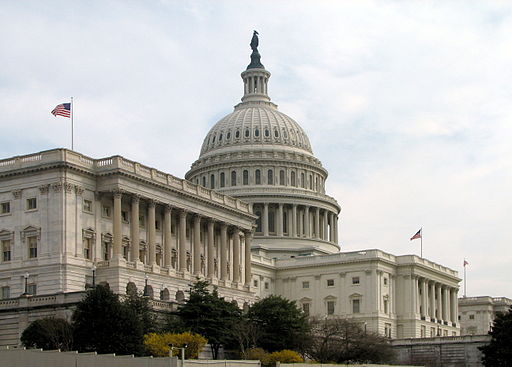Tag: Senate
-
Rep. Angie Craig announces 2026 run for the U.S. Senate in Minnesota

Rep. Angie Craig (D-Minn.) announced on April 29 2025, that she will run for the U.S. Senate seat in Minnesota in 2026 rather than another term in the U.S. House of Representatives. The seat is open since incumbent Sen. Tina Smith (D-Minn.) announced she would not seek re-election. As of April 29, 2025, independent race…
-
Sen. Joe Manchin registers as an independent

On May 31, 2024, Sen. Joe Manchin announced that he was leaving the Democratic Party and filing as an independent. In a Tweet posted to X, Manchin said “My commitment to do everything I can to bring our country together has led me to register as an independent with no party affiliation.” Manchin announced in…
-
Kamala Harris (D) ties for second-most tie-breaking votes cast by a vice president in United States history

Vice President Kamala Harris (D) cast her 29th tie-breaking vote in the Senate on March 1, breaking a 48-48 tie to approve Margaret R. Guzman to be United States District Judge for the District of Massachusetts. Harris is now tied with John Adams (1789-1797) for the second-most tie-breaking votes cast by a vice president in…
-
Five candidates are running in the Republican primary for United States Senate in Arizona on August 2

Five candidates are running in the Republican primary for United States Senate in Arizona on August 2, 2022. Incumbent Mark Kelly (D) is running for re-election. Mark Brnovich, Jim Lamon, and Blake Masters have led in polling, fundraising, and media attention. Brnovich, a career prosecutor, has served as Arizona’s attorney general since 2015. Before that,…
-
Joe O’Dea wins Republican primary for U.S. Senate in Colorado

Joe O’Dea defeated Ron Hanks in the Republican Party primary for U.S. Senate in Colorado on June 28. O’Dea received 55.5% of the vote to Hanks’ 44.5%. Leading up to the primary, Hanks and O’Dea led in media attention, and O’Dea maintained a lead in fundraising. According to the most recent Federal Election Commission data…
-
Four candidates compete in Democratic U.S. Senate primary in Pennsylvania

Four candidates are running in the Democratic primary for the open-seat U.S. Senate race in Pennsylvania on May 17. Sen. Pat Toomey (R)—who was first elected to the Senate in 2010—announced on Oct. 5, 2020, that he would not run for re-election. Lt. Gov. John Fetterman and U.S. Rep. Conor Lamb have received the most…
-
Fourteen candidates are running in the Republican primary on May 17 for U.S. Senate in North Carolina

Fourteen candidates are running in the Republican primary on May 17, 2022, for U.S. Senate in North Carolina. Incumbent Richard Burr (R) is not running for re-election. The candidates that have performed best in recent polling and have received the most media attention are Ted Budd, Pat McCrory, and Mark Walker. The primary is one…
-
The 2022 Senate battlegrounds (so far)

Control of both chambers of Congress is at stake in the 2022 midterm elections. The Democratic and Republican caucuses currently split the Senate 50-50, with Vice President Kamala Harris (D) casting tie-breaking votes. Thirty-four Senate seats are up for election next year. Republicans currently hold 20 of those and Democrats, 14. Senate races in eight…
-
U.S. Senate confirms nominee to U.S. district court

The U.S. Senate on Sept. 21 confirmed one of President Joe Biden’s (D) federal judicial nominees to a lifetime Article III judgeship. Margaret Strickland, U.S. District Court for the District of New Mexico, by a vote of 52-45 Margaret Strickland was nominated to the District of New Mexico on April 19 to replace Judge Robert…
-
U.S. Senate confirms nominee to 10th Circuit Court of Appeals

The U.S. Senate on Sept. 20 confirmed one of President Joe Biden’s (D) federal judicial nominees to a lifetime Article III judgeship. Veronica Rossman, U.S. Court of Appeals for the 10th Circuit, by a vote of 50-42. Veronica Rossman was nominated to the 10th Circuit on May 12 to replace Judge Carlos Lucero, who assumed…

